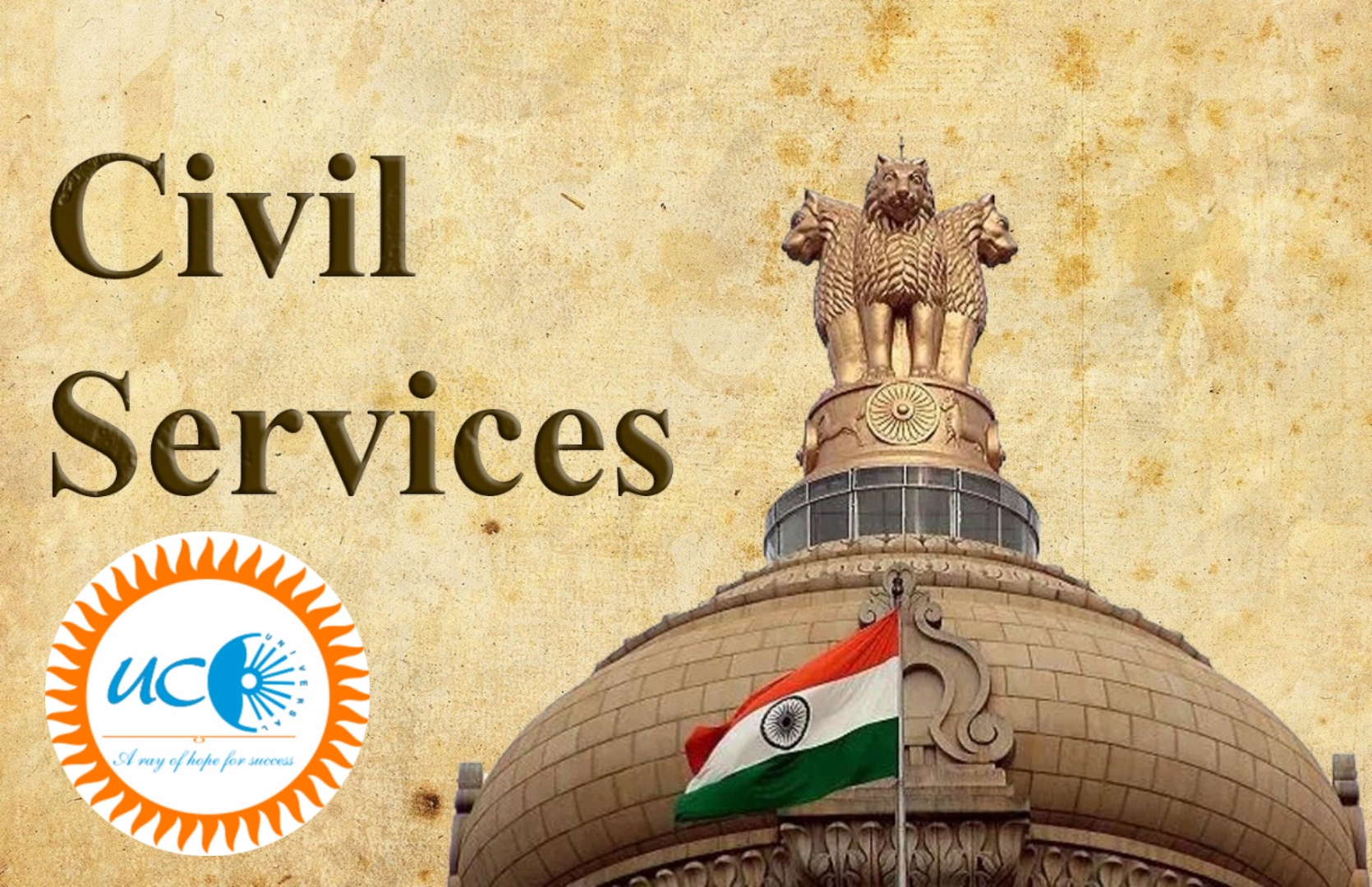Civil Service Values
Q. Ensuring that civil service values are recognized during the recruitment process and ensured through a code of ethics after appointment is a necessary condition of making the civil services an effective instrument of citizen-centric governance. Comment.
Civil servants play a key role in nation-building as they advise on and implement policies and programs that have far-reaching consequences. Since they are the decision-makers, it is pertinent that the power they exercise is fair and just. This has to be ensured from within and externally. The internal value system of a person is largely formed by the mid-twenties. As such, it is important that this be tested and recognised during the recruitment process. Efforts must be made to ensure that not only the most intelligent and hard-working but also the most ethical aspirants join civil services.
However, in order to take decisions that have far reaching consequences, merely internal system of ethics is not sufficient. The institution of bureaucracy requires that there also be an externally enforced code of conduct as well as general code of ethics to ensure good governance. Code of ethics is a set of guidelines issued by an organization to its workers and management to help them conduct their actions in accordance with the primary values and ethical standards of the organization. The fundamental tenets of a code of ethics and values in civil services include integrity, empathy, objectivity, transparency, professional competency, among others.
Further issues such as red tapism, corruption, rigid attitude, pulls and pressures of decision making involving discretion etc plague the efficiency of a Civil Servant during his employment and hence the role of an ethical code of conduct becomes significant.
Attaining Citizen Centric Governance which includes grievance redressal mechanisms, active citizens’ participation, accountability and maximization of citizen’s welfare, is an important goal of civil services.
Additionally, services should be provided effectively, efficiently and equitably to all citizens. Certainly, this cannot be achieved without adherence to civil service values.
In this context, it should be noted that there is no single code of ethics for Civil Servants in India.
However, there are several conduct rules such as the Central Civil Services (Conduct) Rules, All India Services (Conduct) Rules etc., which prescribe allegiance to the Constitution, apolitical functioning and objective decision-making. Several committees like the Santhanam Committee, Hota Committee, 2nd ARC etc. have recommended a code of ethics for Civil Services in India.






